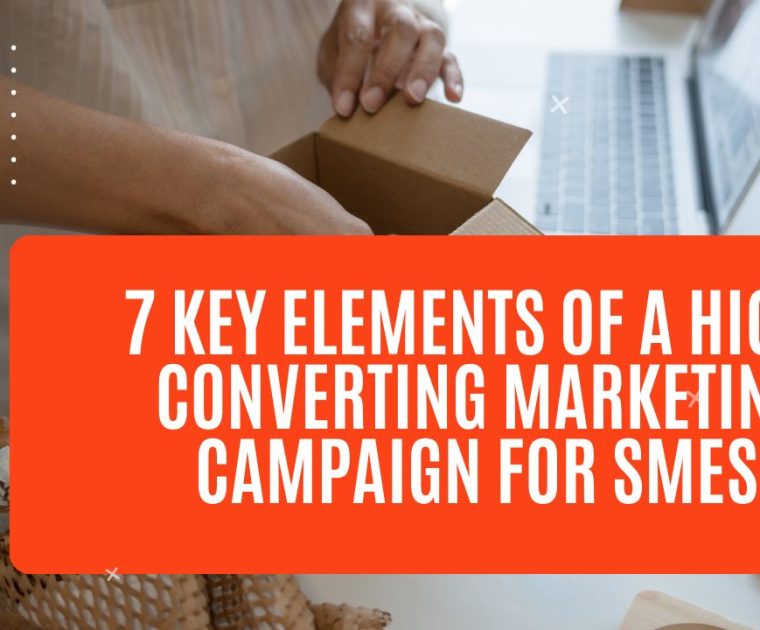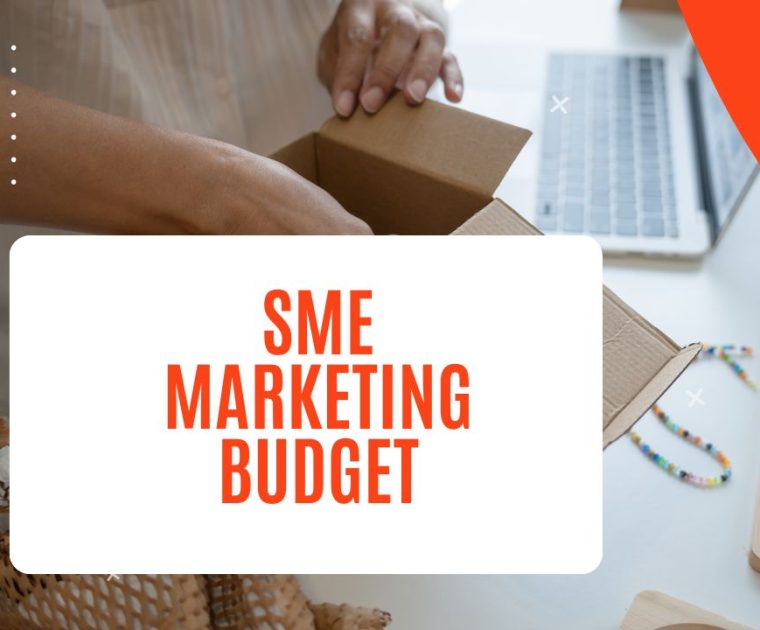Marketing today surpasses ads and billboards. It’s more or less about influence. As the marketing landscape evolves, influencer marketing is cutting through the noise.
With the global influencer marketing industry hitting $21.1 billion in 2023 alone, more brands are recognizing its potential. But most people don’t realise how much influencer marketing is transforming industries you’d never expect. Let’s explore how and why that matters for your marketing strategy.
What Is Influencer Marketing (and Why Is It Smart Marketing)?
Influencer marketing is a type of marketing where brands partner with trusted individuals who have loyal followings on platforms like Instagram, TikTok, YouTube, or LinkedIn. These influencers help authentically deliver brand messages, bridging the trust gap between brand and its consumer. Done right, it builds visibility, drives conversions, and fosters long-term loyalty.
Why it works:
- Audiences trust people more than ads.
- Creates an authentic connection with consumers.
- It delivers niche targeting and measurable engagement.
- It amplifies brand values through relatable stories.
As digital fatigue rises, this form of marketing humanizes your brand in a multitude of algorithm-driven content.
With influencer marketing, brands can achieve a more personal touch in their campaigns.
Industries Using Influencer Marketing to Drive Growth
1. Automotive Marketing
We’re now seeing car reviews and behind-the-scenes road trips. Automotive brands are partnering with creators who bring vehicles to life for niche audiences. Lexus, for example, tapped into cultural momentum by teaming up with influencers during Beyoncé’s Renaissance tour.
These partnerships drive awareness and trust where credibility and emotional appeal influence high-stakes purchases. Influencers in this space often combine entertainment with expertise—a win-win for both marketing and the audience.
However, note that the goal here is not to chase celebrity status. Working with micro-influencers can also be very effective if their audience aligns with your ideal buyer persona. You can also hire the services of a marketing agency to help you through this process.
2. Finance Marketing
Influencer marketing is one of the finance industry’s most effective digital marketing strategies. These brands now collaborate with influencers to simplify complex topics and build community trust. Think of topics like budgeting tips, crypto explainers, or debt-free journeys on TikTok.
The reason this is such a brilliant idea is because financial advice from traditional institutions might feel impersonal. Still, people will listen when a relatable creator shares money wisdom and mentions that your brand is one of the tools helping them succeed on their money journey.
Influencers like Ankur Warikoo and Humphrey Yang have built huge audiences by breaking down financial jargon in a friendly, actionable way.
The key is to look for finance influencers who combine knowledge with ethics and transparency. They can help improve brand visibility, create user-generated content, help your brand reach its target audience, and generate leads.
3. Real Estate Marketing
Real estate agents and property developers now showcase listings and lifestyle content through influencers. It humanizes the home-buying journey and captures audience attention more effectively than listings alone.
An example is lifestyle creators touring homes or offering home decor advice, which can subtly promote listings or real estate services. This tactic helps agents reach younger buyers where they spend most of their time—online.
4. Healthcare and Wellness Marketing
Influencers are selling supplements and shaping conversations about mental health, preventive care, and fitness. Healthcare brands are collaborating with wellness creators to educate and inspire action.
Sadly, misinformation runs rampant in this industry; influencers with credentials and empathy can drive meaningful, positive change.
We have multiple fitness coaches and nutritionists on Instagram bridging the trust gap in healthcare. That being said, it’s important you vet influencers thoroughly. Follower count should never be a metric. Instead, look for transparency and authenticity
Many influencer followers look up to them for helpful information. Here’s data to back up my point: 44% of people with a health condition value the opinion of a health influencer.
5. Education and E-Learning Marketing
Education platforms are using influencers to reach students and professionals through tutorial content, motivational videos, and skill-building challenges.
E-learning platforms like Coursera and Skillshare, or niche tools like language apps, benefit from trusted creators who share how the platform improved their career or academic journey.
Some e-learning platforms have partnered with education influencers to attract more students or drive engagement by having the influencer share the brand’s learning solutions.
Challenges of Influencer Marketing and How to Overcome Them
Fake Followers & Vanity Metrics:
Not all that glitters is gold. Many influencers inflate their numbers, making it difficult to determine their actual reach.
So, take time to track their engagement rate thoroughly, not just follower count. Tools like HypeAuditor can help.
They must be influencers who align with your brand identity and have authority or credibility in your industry.
Misalignment with Brand Values:
Choosing the wrong influencer can backfire and confuse your audience. A solution to this is to clearly define your brand’s tone, values, and goals before entering partnerships.
Difficulty Measuring ROI
Marketers often struggle to attribute sales or leads directly to influencer efforts.
One way to crush this is to use affiliate links, discount codes, or branded landing pages to track conversions.
Influencer Fatigue
Research shows that about 47% of users are tired of repetitive advertisements on Instagram.
Oversaturation is very real. Audiences are tired of inauthentic ads disguised as content. Your focus is not quantity, trust me. Prioritise quality over quantity. Long-term relationships beat one-off posts.
Why Influencer Marketing Is a Must-Have for Modern Brands
We do not foresee this form of marketing as a passing trend. It’s a powerful arm of modern marketing strategy, especially for industries looking to connect in more human and impactful ways. If you’re in automotive, healthcare, finance, or even real estate, this could be your best-kept marketing secret.
Looking to scale your brand with the right influencers? Work with a marketing agency that understands both strategy and storytelling. Your audience is already online. Meet them there, with the right voice.






Leave a Reply